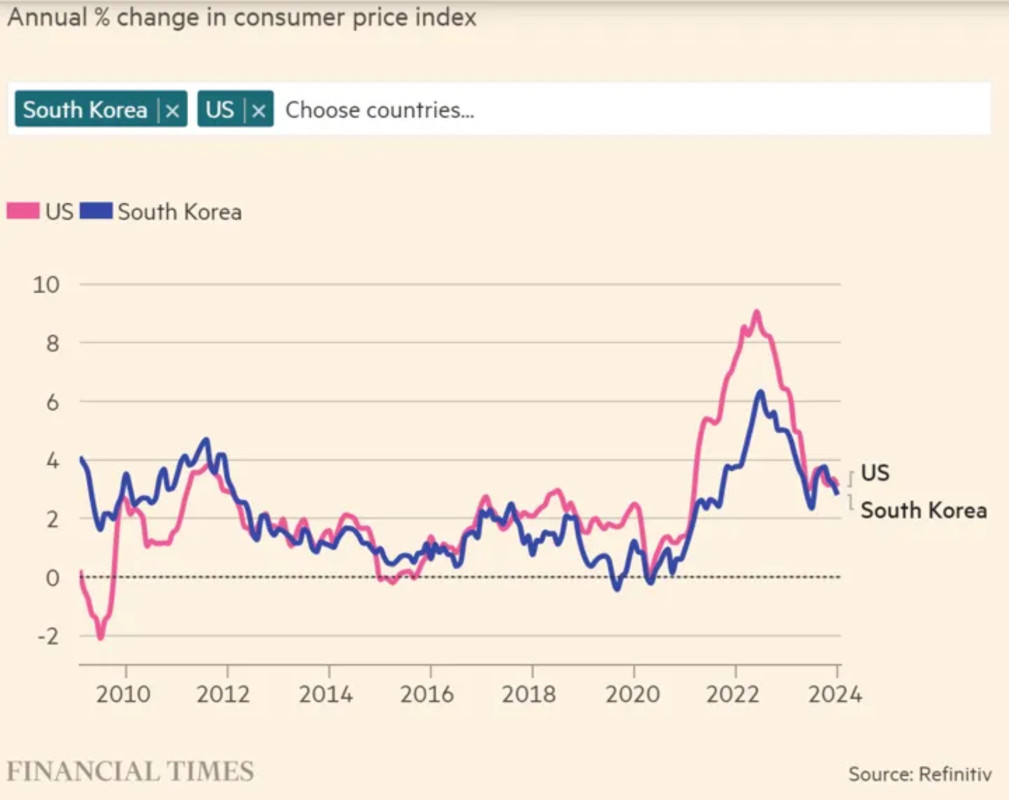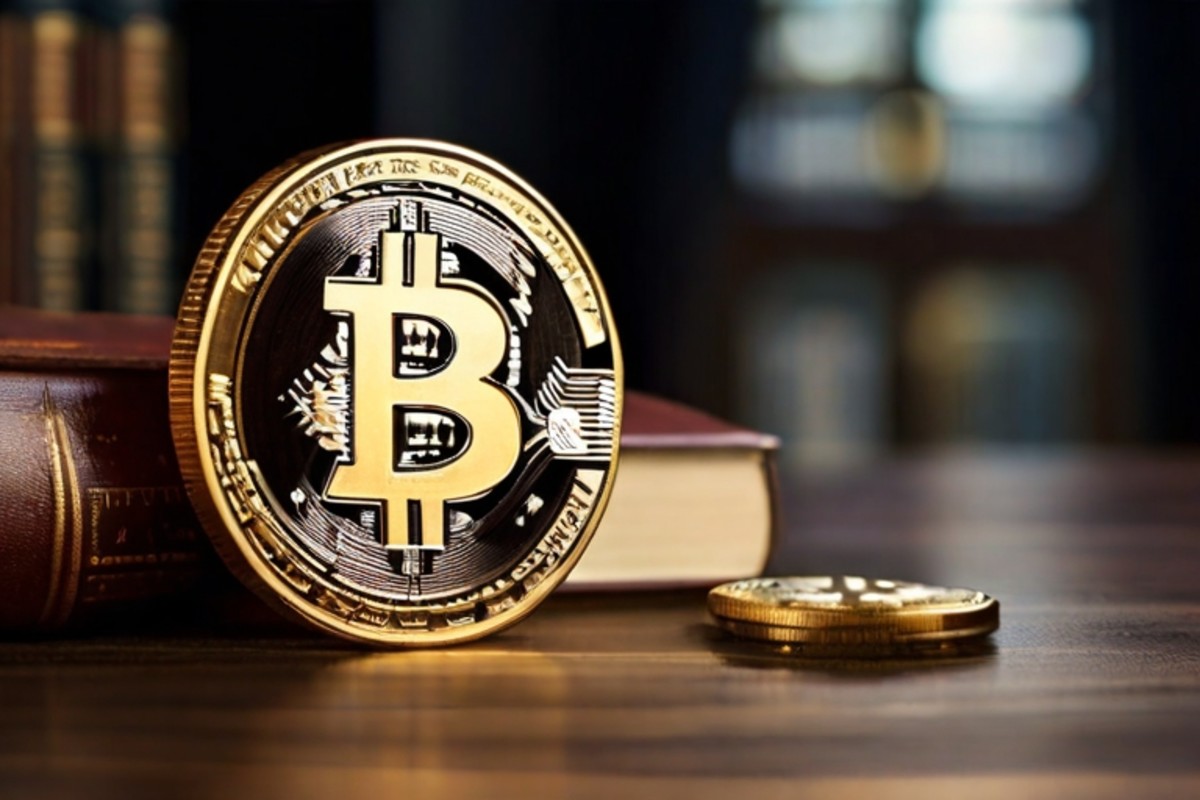Major South Korean political parties promise Bitcoin ETF before election

The following is an excerpt from the latest edition of Bitcoin Magazine Pro, Bitcoin Magazine’s premium markets newsletter. To be the first to get these insights and other on-chain Bitcoin market analysis delivered to your inbox, Subscribe now.

As South Korea approaches the next general election in 2024, both the current ruling party and the main opposition party have promised several pro-Bitcoin policies, particularly the approval of Bitcoin ETFs.
On April 10, 2024, South Korea will hold national assembly elections held every four years. Regardless of the outcome, the president will not change. This is because the president is elected for a five-year term and, due to the nature of the Korean Constitution, is elected through a completely separate procedure. In fact, any party that wins a majority of seats ahead of this election will not hold the country’s highest office and will not have the opportunity to contest it until 2027. Nonetheless, one fact makes this distinction less important from the perspective of a Bitcoin investor. Both sides have taken the unusual step of making similar promises to support Bitcoin.
In this election, six different parties are theoretically competing for 300 seats, but four of these parties each hold single-digit numbers. The two real contenders are the conservative People Power Party (PPP), which currently occupies the presidency, and the more progressive Democratic Party (DPK), which currently holds 50 more seats. Moreover, current opinion polls support a favorable outcome for the Democratic Party, creating the inevitable possibility that People Power could take the lead and the chances of passing the bill would be virtually zero. For this reason, it is likely that the party has chosen to embrace radical new incentives, and this is where Bitcoin comes into play.
Rumors that the PPP was in favor of Bitcoin first took shape on February 19, 2024, when a PPP representative commented to a local newspaper that a more comprehensive framework for regulating cryptocurrencies should be a priority. They argued that until this new system exists, the wisest option may be to eliminate all capital gains taxes on Bitcoin or other cryptocurrencies until relevant legislation is enacted and signed into law. But legislation like this would be a difficult task and a PPP spokesperson claimed this tax deferral may have to continue for another two years. This seems like a particularly clumsy attempt to garner votes, especially considering that these taxes are currently in limbo, but it wasn’t the only effort.
The PPP said the same day it was considering a range of pro-Bitcoin options, particularly by easing a series of restrictions on institutional investments. Not only did the PPP promise to create a “Digital Asset Promotion Council” with special powers for digital asset regulation, it also made several vague statements about some specific policy reforms, most notably its crown jewel: the Bitcoin Spot ETF. Announced. These vague promises were widely speculated to be a cynical move to attract sagging youth support, especially considering that 80% of cryptocurrency users are in the 20-39 age group, according to data from the Internal Revenue Service. This move may have been done with little real affinity for Bitcoin, but the next development turned the whole situation on its head.
The next day, the opposition party stole the PPP’s thunder when DPK made several concrete pledges, especially to make Bitcoin ETFs accessible to retail investors. Their plan explicitly states that these purchases must go through personal savings accounts, so corporate interests cannot use them for serious multibillion-dollar transactions. Democrats also announced that a comprehensive proposal to ‘enable and institutionalize’ the digital asset space will be released on Wednesday, February 21, although they gave some more vague hints about removing other barriers to institutional legislation. This political turmoil has led the PPP to respond by upgrading its usual pro-Bitcoin rhetoric into a clear campaign promise.
This presents us with a most unusual situation. Regardless of the political establishment’s true feelings about Bitcoin or other digital assets, the need to win youth support, especially in contentious elections, has led to an option in favor of Bitcoin. But what are the chances that these politicians will follow suit, and what will it look like for South Korea? To answer these questions, it’s important to look at some basics of the overall economy. By all accounts, Korea is doing pretty well. Although the country has recently experienced inflation and the money supply reached its highest level since 1970 in the fourth quarter of last year, these figures have eased significantly. The Consumer Price Index (CPI) has also eased over the past few months, showing that the cost of goods such as housing, food and electricity is decreasing.

An environment like this typically rules out one of the most prominent use cases for Bitcoin adoption globally: its use as a store of value. It is unlikely that many Koreans will try to maintain significant savings in won, nor will they use won for international remittances. But despite this, South Korea has some distinct advantages as a new Bitcoin hub. By 2022, approximately 4% of Koreans held various digital assets, but this number has increased significantly. During the same period, less than 14% of Americans owned stocks. That said, mass adoption has not been a major obstacle to the United States’ status as a global hub for Bitcoin, with a large number of active developers and revolutionary blockchain projects, and it likely will not be an obstacle to Korea either. South Korea is a developed country with a strong technology sector, and stable inflation will be a necessary requirement for a certified digital asset industry to emerge.
Moreover, there is one important point that gives Korea an advantage. As both major political parties have pointed out, Bitcoin is wildly popular among young Koreans. Not only have millennials enjoyed high levels of internet connectivity for decades in this densely populated country, they also have vivid memories of the 1997 foreign exchange crisis that led to South Korea being bailed out by the IMF. Particularly due to these factors, more and more young Koreans are showing interest in alternative economic visions, and Bitcoin has existed to provide such visions. The number of Bitcoin users may be small, but there are several reasons to believe that it could be fertile ground for future development.
That said, it is very likely that pro-Bitcoin initiatives supported by both parties will spark true maturity in the young industry. Of these two commitments, at first glance, DPK’s commitment appears to be more useful in this regard. Their ETF proposal is not intended to encourage financial institutions to dominate the market, and the upcoming framework is explicitly intended to empower new commitments. Domestic industry. Nonetheless, the PPP’s proposals are encouraging, and its plan to create a regulatory body for cryptocurrencies could also provide many opportunities.
No matter how you slice it, Bitcoin has been taking the world by storm since the US approved spot ETFs, and countries are falling like dominoes to enact similar Bitcoin advocacy legislation. Japan, Korea’s close neighbor, is even considering taking steps to foster its own industry. Regardless of how the country decides to switch between the two main political options, it is clear that the decision on Bitcoin has already been made. We can look forward to golden new opportunities coming to Korea and the knowledge that Bitcoin’s strengths can create similar opportunities elsewhere. After all, the way Bitcoin has grown, success like this could come from anywhere. No matter where you are, you may be asked to choose between Bitcoin and Bitcoin, and that’s a sure bet.



